Can Shampoo Be Used as Soap? [Pros & Cons of Using Shampoo as Soap]
Have you ever rushed into the bathroom to have a quick shower, only to find out that you have somehow run out of bath soap? In that split second, you must have looked around the bathroom in hurry, scanning for what you could possibly bathe with.
If you have ever thought about using your shampoo as soap, or you have actually used it before, then you probably want to know whether it is a good idea.
Yes, the shampoo works great on your hair, and it probably foams more than your regular body wash, but is that all you should be concerned about?
Let’s talk about using shampoo as soap, and all you need to know about it. First, we begin by answering the most basic question.
Can Shampoo Be Used as Soap?
Yes, it can!
You probably guessed this, but shampoo is similar to soap in several ways. First, they are both emulsifiers, which means that they are meant to make oil, dirt, and grease slippery so that they can wash off your hair or skin when water is applied.
Indeed, you can wash your hands and even bathe with shampoo if your bath soap runs out.
However, should you do this often? Should you completely replace your bath soap with shampoo? Are there any side effects associated with using shampoo as soap? Let’s look at the pros and cons of using shampoo as soap.
Pros and Cons of Using Shampoo As Soap
You can almost expect that a substitute product is never quite as great and useful as the original product, and that is the same thing with shampoo and soap.
However, some substitutes can be shockingly beneficial that you just might choose to stick to them. Is this the case with using shampoo as soap?
Pros Of Using Shampoo as Soap
1. Saves cost
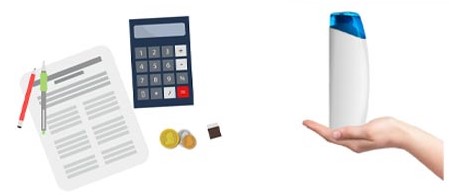
First things first, you save the cost of buying two different bathroom products. If you choose to use shampoo as soap, you don’t have to worry about buying soap, so there’s money to use on something else.
The shampoo is great liquid hand soap, and it is budget-friendly too, In fact, you can even add water to the shampoo to lighten the consistency and increase the quantity, while enjoying a great lather.
2. Same/similar functions
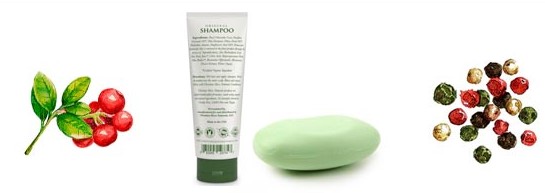
Since soap and shampoo have similar designs and ingredients, such as Sodium Lauryl Sulfate, your shampoo can do nearly the same job as your soap, which is to rid your body of dirt.
3. Scent
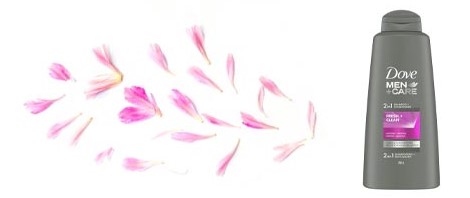
Most shampoos have great scents, except particularly unscented shampoos. So, you can enjoy the great fragrance from your shampoo.
The soothing scent of your shampoo can stay with you from the shower and even as you go about your daily activities. Don’t be surprised if someone compliments you for smelling nice.
4. Smooth effect
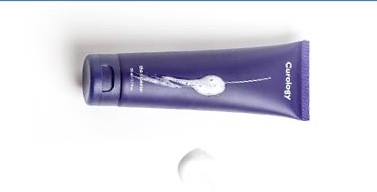
Although they are not conditioners, most shampoos contain conditioning agents that help to keep your tresses soft and easy to handle.
These conditioning agents will also deliver a smooth feel to your hands and body after using shampoo for a bath.
5. Multi-Purpose

You can create a bubble bath with shampoo or even add sugar or salt into a quantity of shampoo and you have a DIY body scrub. That is a shampoo, scrub, and body cream all in one.
Cons Of Using Shampoo as Soap
1. Can cause skin dryness

Shampoos have higher acid contents than soaps. Although this is great for your hair because it makes it easier to penetrate the hair follicles and smooth the cuticles, it can be harmful to your hair.
The high acidity of shampoo can cause skin dryness when used over time. If you don’t have very oily skin, you are prone to suffering from dry skin.
2. Slick instead of clean
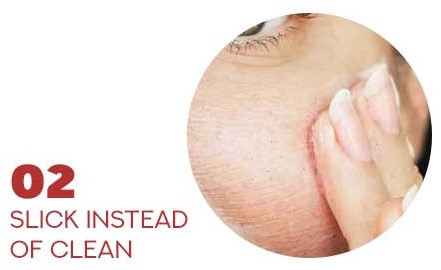
Your shampoo doesn’t have as many amounts of surface-active agents as your bath soap, which means that it’ll probably be unable to rinse off dirt and sweat as well as a soap designed for that purpose.
Also, the conditioning molecules present in shampoo cold leave your hands and body feeling slick instead of clean. As a result, you might have to wash your body several times before you truly feel clean.
3. Possible facial reactions
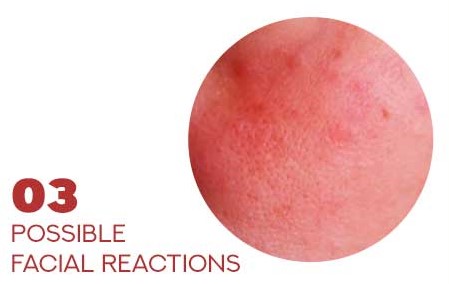
Although many people can get away with using just about anything on the body, the face isn’t often quite resilient. The face is often the part of your body most prone to negative reactions, and we can understand why.
First, a healthy face takes a healthy combination of pH, sensitive skin, and oil glands. The reason we have many face-specific products in the market is that the skin on your face is more tender.
These products are therefore formulated to ensure that your face is in a healthy state, especially depending on your skin type.
It can take a long time to correct reactions on your face once something goes wrong, so it is better to stick to a face soap and avoid using shampoo on your face unless you are sure it is safe to do so.
4. Harsh ingredients

The formation of shampoo is quite different from soap, even though they have some similar ingredients.
For instance, many shampoos contain specifically for the protection of hair follicles and the scalp. While these ingredients might work great for your hair, you never can tell what side effects these chemicals might have on your skin when you bathe with shampoo.
5. Sensitive body parts might react negatively
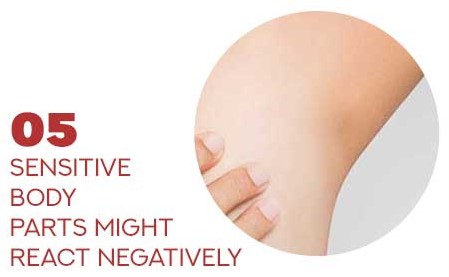
There is a high possibility that sensitive parts of your body will react when you use shampoo as soap. While your face is a sensitive part to watch out for, your private areas are also important.
For some people, even the armpit can react when they use shampoo as soap due to sensitivity.
Your private areas might either react to harsh chemicals in the shampoo or even the fragrance.
Don’t be mistaken to think that you can use shampoo on your lower private area, even if it is hairy. The hair type is different and doesn’t need that form of treatment. Also, your public hair won’t protect your lower area from any kind of negative reaction.
Women should also be more careful because shampoos and even other soaps can mess with their pH balance and make them prone to bacterial and yeast infections. Plain water or recommended mild soap is best.
6. No germ protection

One health concern with using shampoo as a body or hand wash is that many shampoos don’t contain the antibacterial ingredients that most soaps have. The implication is that you don’t have much in the way of protection against germs and viruses.
However, the way around it is to add an antibacterial agent into the shampoo you’ll be using for your body. Ensure that you separate the shampoo for your body from the one for your hair because you don’t need to use that on your hair.
7. Skin type vs Hair type
If there’s a clash between your hair type and skin type, the shampoo might be improving your hair while damaging your skin.
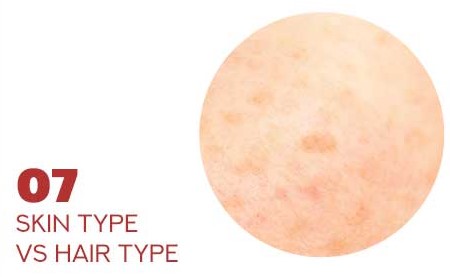
For instance, if you have dry skin but oily hair, your shampoo would be formulated to strip the oil off your hair. It would then do the same with your skin, leaving it in a terribly dry state. You might need to use moisturizers on your skin after bathing with oil-stripping shampoo.
Final Words:
Now we know that shampoos can be used as soap. However, it is not advisable to replace your soap with shampoo because they are not the same. From the active ingredients to chemical compounds, and uses, shampoos are different from soaps in many ways.
So, while it is okay to use shampoo as soap in emergency situations, don’t use shampoo on your face or nether regions because it can cause major irritations and mess with your body’s pH balance.
Shampoos are great substitutes, but they should never take the place of your soap.
